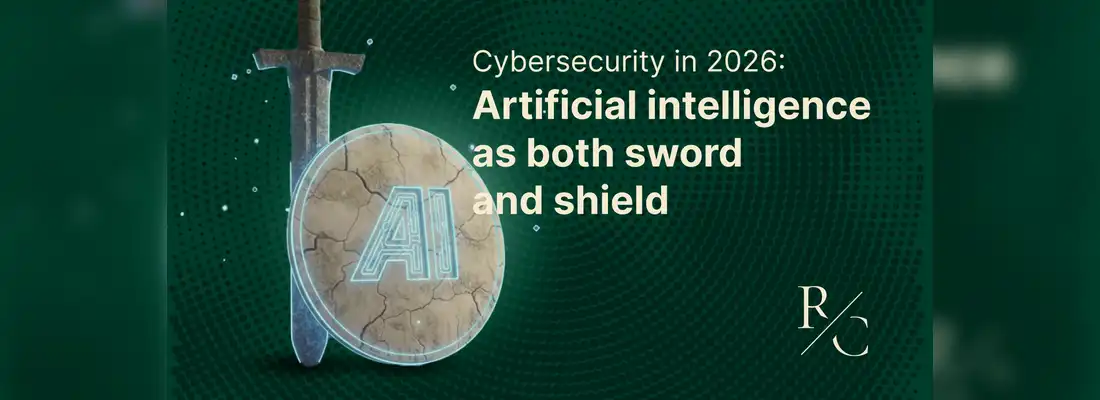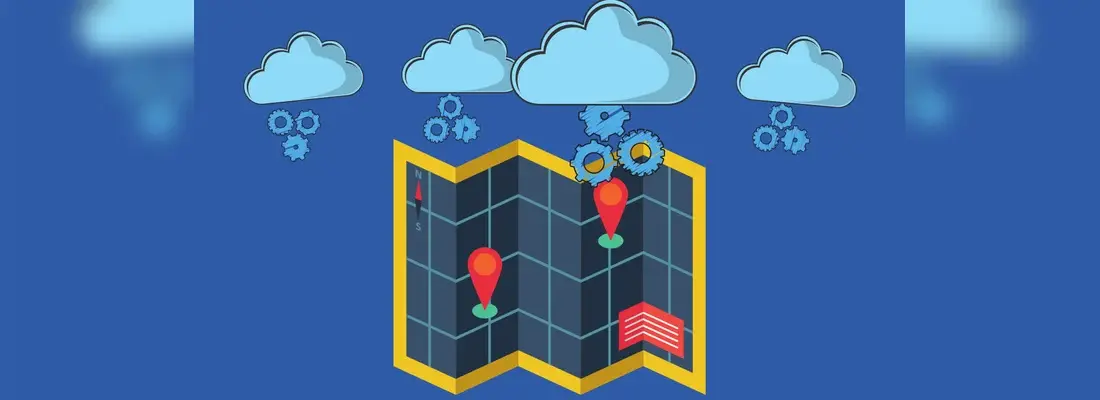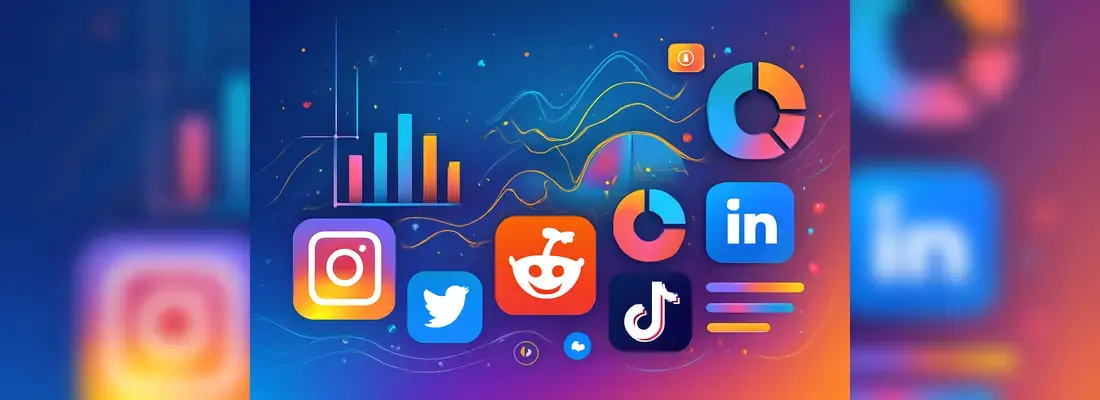Hidden Threats in the Creative Industry: Why Cybersecurity Matters
Date: 15 October 2024
-1.webp?width=1170&name=28916590_m_normal_none%20(1)-1.webp)
Creative professionals – whether you're working in video production, graphic design, or developing ad creatives – may not immediately think of cybersecurity as a top concern. As much as we care about AI ethics, so do we need awareness about cybersecurity.
Your focus is on delivering high-quality content, meeting deadlines, and collaborating with clients. However, this industry is more vulnerable to cyber threats than you might realize. Exchanging ideas, files, and sensitive materials with clients and external stakeholders can expose you to risks that could compromise your work, reputation, and client trust.
Exchanging Files: A Major Point of Vulnerability
In a world where collaboration tools are increasingly digital, every email attachment, shared design file, or collaborative document is a potential target for hackers. Large design files, video files, and proprietary creative work often contain valuable intellectual property. When these are exchanged through unencrypted email or unsecured cloud services, they become low-hanging fruit for cybercriminals.
According to the FBI's 2022 Internet Crime Report, email phishing and hacking continue to lead as top cybercrime methods in the United States, accounting for over 300,000 complaints and billions of dollars in losses . This demonstrates that even the most basic digital exchanges can lead to significant risks.
Why Creative Files Are Attractive to Hackers
Hackers are increasingly targeting creative industries because intellectual property—like a viral ad concept or a unique design—can be extremely lucrative. Moreover, since many creative professionals work on high-profile projects, especially in marketing and advertising, compromising these files can open doors to more extensive network breaches.
Consider the confidentiality of the brands you work with—would they want their upcoming ad campaign leaked before the official launch? The stakes are high, and so is the potential for damage.
The Risks of Client Communication
Client communication, especially via email, is a critical weak point for many creative professionals. Email has become the most common tool for sharing files and ideas. However, if your emails are not encrypted, hackers can intercept them with relative ease.
Think about the sensitive information often discussed or shared over email—conceptual drafts, project contracts, and budget details. Any of these falling into the wrong hands can lead to significant financial and reputational harm.
This is where email encryption becomes essential. Email encryption ensures that only the intended recipient can view the content, even if it’s intercepted during transmission. An email encryption provider like Echoworx helps creative professionals protect their digital communications, ensuring that sensitive files and ideas remain confidential.
Email Encryption: A Necessary Layer of Protection
The benefits of email encryption extend far beyond file sharing. Encrypted emails offer peace of mind that your communication is secure from start to finish. For instance, with email encryption, not only are your emails protected from unauthorized access, but attachments—whether they’re Photoshop files, video drafts, or client briefs—are secured as well.
According to the U.S. Department of Homeland Security, almost 50% of cyber attacks originate from email-based threats . Taking simple but powerful steps to secure your communications can help prevent a major breach.
Protecting Your Reputation
In the creative industry, reputation is everything. One breach could result in lost clients, missed opportunities, and irreversible damage to your credibility.
By implementing email encryption and other cybersecurity measures, you not only protect your work but also demonstrate to clients that you take security seriously. This added layer of trust could be the differentiator that wins you future contracts.
Compliance and Legal Concerns
As businesses globally are required to adhere to stricter data privacy laws, creative professionals need to be aware of their legal responsibilities in protecting client data. Failing to do so could result in hefty fines.
Regulations such as the General Data Protection Regulation (GDPR) in Europe and the California Consumer Privacy Act (CCPA) in the U.S. have made it mandatory to encrypt sensitive data in certain situations. By securing your communications with an email encryption provider, you ensure you’re compliant with these global standards.
Cybersecurity: A Creative Professional's Ally
For those in the creative industry, cybersecurity might seem like a technical matter far removed from the world of design and advertising. But in today’s digital world, it’s clear that protecting your work and client relationships requires more than just creativity—it requires the right security tools.
Email encryption is one such tool, making it easier to protect your files, ideas, and reputation. Don’t let cybersecurity fall to the bottom of your priority list; it’s your ally in maintaining the integrity of your work.





.webp)
